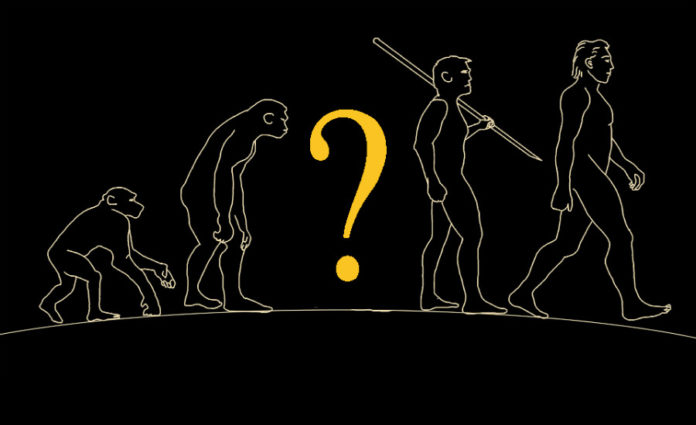
Credit: Laurence Rouault
This mind-boggling revelation came to light with a novel analysis of ancient human genomes. The study suggests that ancient hominins from different branches in evolutional history may have interbred several times in the history and that some of us carry DNA of an unidentified ancestor.
Advanced sequencing techniques and the use of modern algorithms on Neanderthal and Denisovan genomes have provided scientists with detailed new insights on how the ancestors of modern humans interbred with now-extinct hominins.
In the study Scientists used a new-gen algorithm called, ‘ARGweaver-D’. This gave scientists the ability to go a very long way back in our evolutional history than any other algorithms in use. That is where they found that about 1% of Denisovan DNA is from an unknown source. And around 15 of these ‘super archaic’ regions of DNA have passed onto some of us now.
Who can this be?
There is a suggestion that this unknown ancestor might be Homo erectus the upright ancient hominin who lived from 2 million years ago and died out about 100,000 years ago. Unfortunately without any viable Homo erectus DNA scientists cannot confirm that idea.
What else was found?
Up to now, we knew that roughly around 50,000 years ago a group of humans migrated from Africa and that they interbred with Neanderthals who were in Eurasia. But the study suggests otherwise saying this interbreeding must have happened some 200,000 to 300,000 years ago.
The study revealed that about 3-7% of Neanderthal DNA had been influenced by ancient Humans confirming the above theory, i.e. interbreeding must have happened long before the modern human mass migration 50,000 years ago.
The scientists write, “Our follow-up analysis based on the frequencies of introgressed elements among the two diploid Neanderthal genomes suggests that the Human to Neanderthal gene flow occurred roughly between 200,000 and 300,000 years ago”
These results as a whole tell us that our emergence as a species is much more complicated than what we know so far and new technologies and sophisticated algorithms like these have a better chance to untie these knots.
The study which has been published in the PLOS Genetics, was a combined effort by scientists from the Cornell University and Cold spring harbor laboratory.

